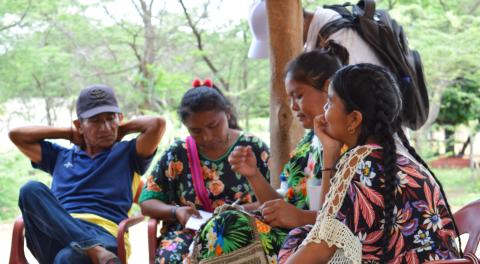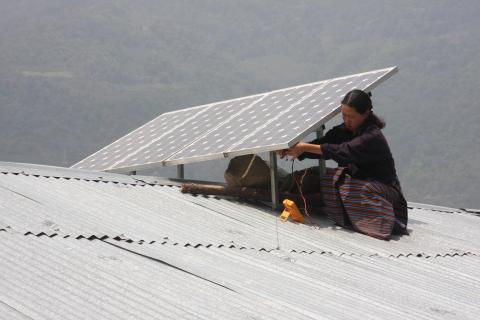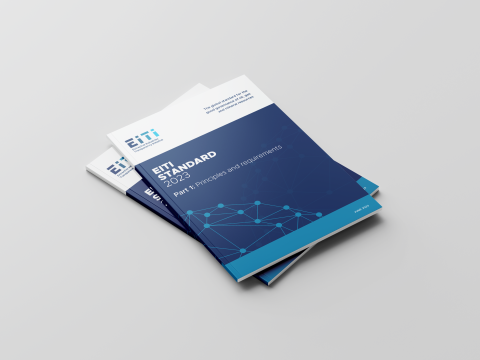
EITI Report responds to pressing mining issues in the Philippines
With reforms underway, the recent publication of the 2014 Philippine EITI Report contains important findings on the mining sector’s contribution to the economy both at the national and local levels. It complements and informs other reviews of the sector.
In line with the Philippine government’s agenda for responsible mining, the new administration launched in 2016 an extensive audit of mining companies examining their compliance with financial, environmental and social obligations. 20 companies are now facing suspension and imposition of fines. Alongside this audit, the government plans to come up with a total economic valuation framework for mining projects, taking into account their social and environmental impact.
Secretary Gina Lopez of the Department of Environment and Natural Resources which leads the government efforts in creating a total economic valuation for mining states:
“We want the extractive industries to put primary importance on the welfare of affected communities and the environment, comply with the economic, social and environmental policies of the land, and adhere to international standards. The Extractive Industries Transparency Initiative (EITI) helps us in this regard.”
Report shows mining sector’s contribution to national and local economy
The report concludes that the mining sector “has positive but a relative unremarkable contribution to the nation’s economy” based on figures on the sector’s total contribution to national exports, GDP, employment and government revenues. 2014 data covered in the report shows that the mining sector’s contribution to national GDP is 1%, while its contribution to total exports is 5% (USD 3.3 million). The sector employed 239,000 out of 56 million employees in the country – less than one in 200 employees.
Nonetheless the mining sector’s contribution when seen from a subnational perspective tells a different story, with some provinces recording relatively high percentages in regional GDP and revenue collection. In Region XIII, tax revenues from mining operations contribute 23% of total taxes (USD 1.48 million) and comprise 40% of the region’s GDP. Mining tax revenues also contribute a significant share to Region VII and Region V at 25% and 16% respectively.
Findings inform debate on social acceptability of mining
The rights to determine whether mining operations should continue in a locality has always been a contentious issue in the Philippines. While the mining sector is regulated by a central government agency that issues licenses, certain taxing and permitting powers are devolved to local government units that can pass ordinances prohibiting mining activities in their areas. This shared authority creates tension among the different levels of government, the companies and local communities, which, prior to EITI implementation, was aggravated by lack of comprehensive and reliable data from local governments.
The findings of the recent Philippine EITI Report on the mining sector’s contribution to national and local governments should now help stakeholders to evaluate the actual contribution of mining to local communities. The report also contains information on mandatory social and environment-related expenditures spent by each company, making it possible to assess their impact on local governments.
- For more information about the EITI process in the Philippines, please visit the country page on eiti.org or consult the national EITI website.
Contenido relacionado





